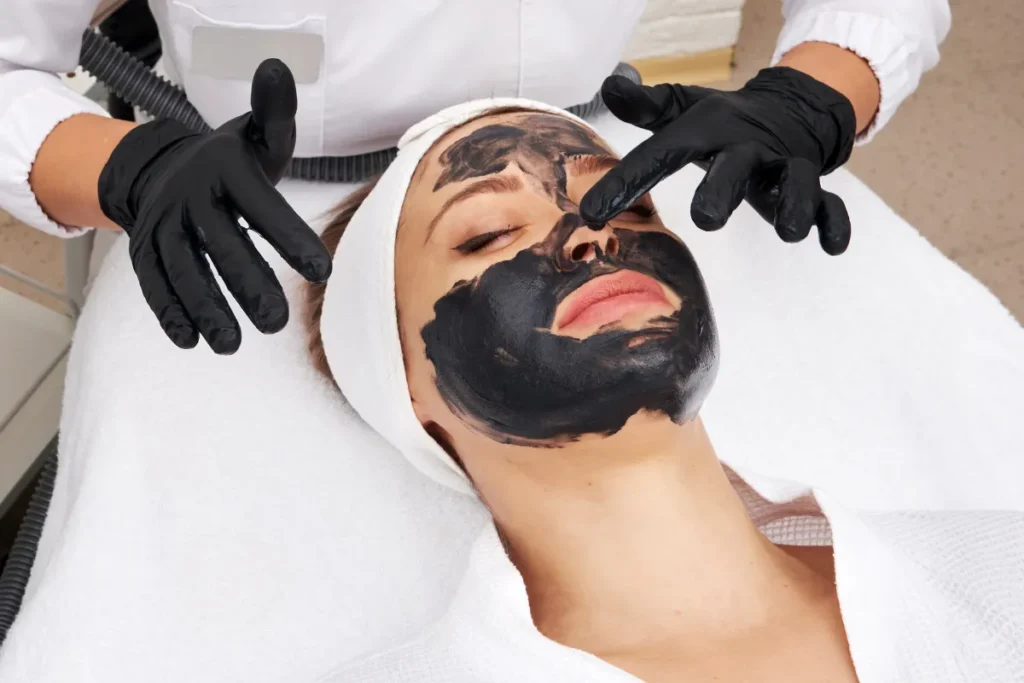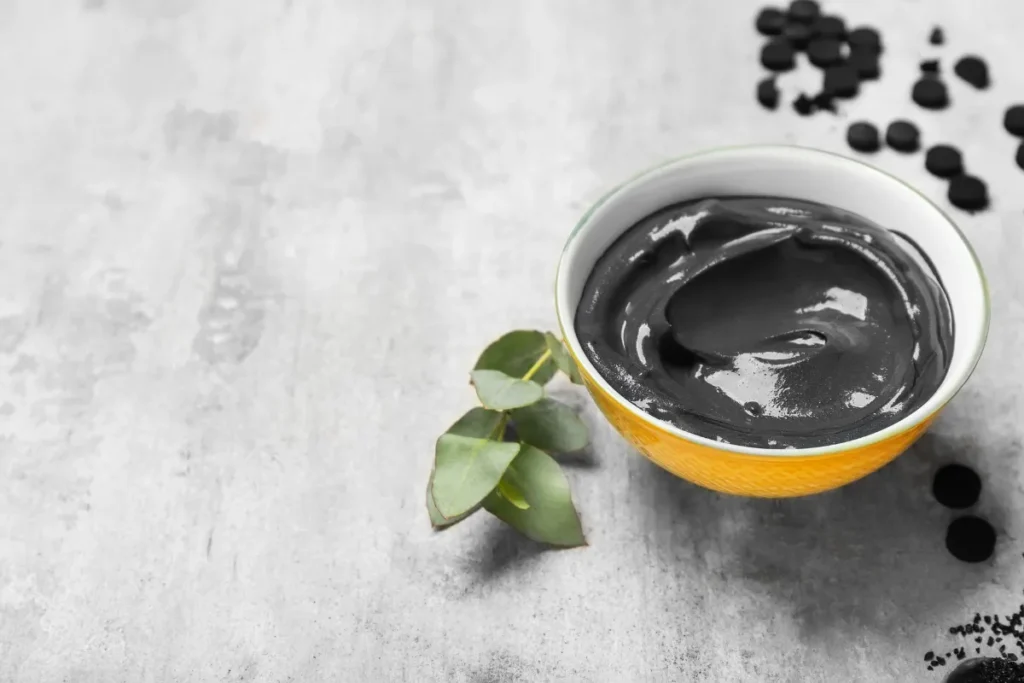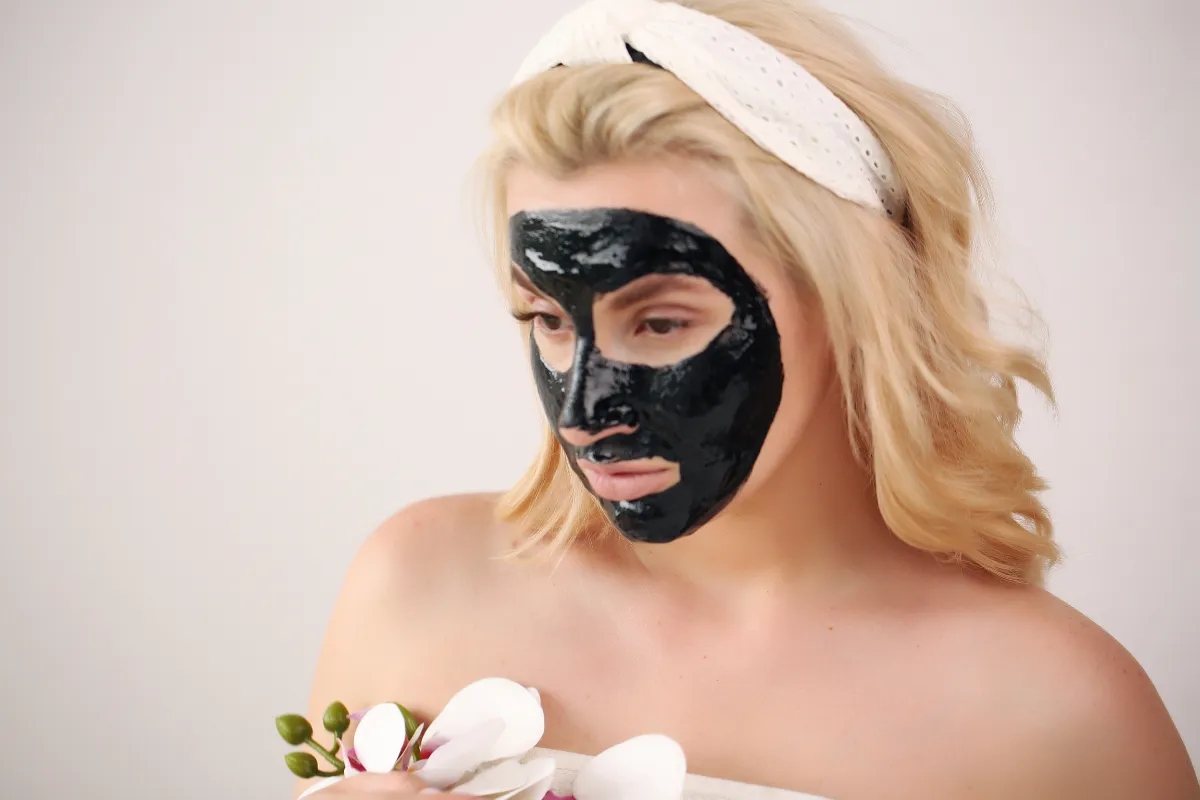In the ever-evolving world of skincare, one ingredient has stood the test of time and continues to capture the attention of beauty enthusiasts worldwide: charcoal.
While charcoal might seem an unlikely candidate for skincare, its benefits for the skin are undeniable.
From drawing out impurities to providing a deep cleanse, charcoal face masks have emerged as a popular skincare staple, promising to reveal radiant, glowing skin.
In this article, we delve into the science behind charcoal face masks and explore their transformative power in achieving healthy, luminous skin.
Understanding Charcoal and its Benefits

Charcoal, derived from sources like bamboo, wood, or coconut shells, has been used for centuries for its absorbent properties.
In skincare, activated charcoal is a specially processed form that has been heated to increase its surface area, making it highly porous.
This increased porosity allows charcoal to effectively absorb and trap toxins, impurities, and excess oils from the skin’s surface, making it a potent ingredient for deep cleansing.
The primary benefits of charcoal face masks include:
Deep Cleansing: Charcoal acts like a magnet, drawing out dirt, oil, and other impurities from the pores, helping to prevent breakouts and congestion.
Exfoliation: The gritty texture of some charcoal masks provides gentle exfoliation, removing dead skin cells and promoting cell turnover for a smoother complexion.
Oil Control: Charcoal has natural oil-absorbing properties, making it ideal for those with oily or acne-prone skin.
By absorbing excess oil, charcoal helps mattify the skin and reduce shine.
Detoxification: Charcoal helps detoxify the skin by removing environmental pollutants and toxins, leaving it feeling fresh and rejuvenated.
Brightening: Regular use of charcoal face masks can help brighten the complexion by removing dulling impurities and revealing a more radiant skin tone.
Choosing the Right Charcoal Face Mask
With the growing popularity of charcoal skincare products, the market is flooded with a variety of options.
When choosing a charcoal face mask, it’s essential to consider factors such as skin type, additional ingredients, and formulation.
Here are some tips for selecting the right charcoal mask:
Skin Type: Consider your skin type and concerns when choosing a charcoal mask.
For oily or acne-prone skin, opt for a clay-based charcoal mask with ingredients like salicylic acid or tea tree oil to help combat breakouts.
If you have dry or sensitive skin, look for a hydrating charcoal mask with soothing ingredients like aloe vera or hyaluronic acid to prevent irritation.
Ingredients: Pay attention to the additional ingredients in the charcoal mask formula.
While charcoal is the star ingredient, other additives such as botanical extracts, vitamins, and antioxidants can enhance the mask’s effectiveness and provide additional skincare benefits.
Formulation: Charcoal masks come in various formulations, including peel-off masks, clay masks, sheet masks, and gel masks.
Choose a formulation that suits your preferences and skincare routine.
Peel-off masks are great for removing impurities and blackheads, while clay masks offer a deep cleanse.
Sheet masks are convenient and hydrating, while gel masks are soothing and cooling.
Incorporating Charcoal Face Masks into Your Skincare Routine
To reap the maximum benefits of charcoal face masks, it’s essential to incorporate them into your skincare routine correctly.
Here’s how to use charcoal masks effectively:

Cleanse: Start by cleansing your face to remove any makeup, dirt, and impurities.
This will ensure that the charcoal mask can penetrate deeply into the pores for optimal results.
Apply: Apply the charcoal mask evenly to your face, avoiding the delicate eye area and lips.
Use a brush or clean fingers to spread the mask evenly, ensuring full coverage.
Relax: Allow the mask to dry completely, usually for 10-15 minutes, depending on the formula.
Use this time to relax and unwind while the mask works its magic.
Rinse or Remove: Once the mask is dry, gently rinse it off with lukewarm water or peel it off, depending on the formulation.
Follow up with your regular skincare routine, including toner, serum, and moisturizer, to lock in hydration and nourishment.
Frequency: While charcoal masks can be beneficial, it’s essential not to overuse them, as they can be drying, especially for those with dry or sensitive skin.
Incorporate charcoal masks into your skincare routine 1-2 times per week for best results.
Conclusion
Charcoal face masks have earned their rightful place in the skincare world, thanks to their unparalleled ability to cleanse, detoxify, and rejuvenate the skin.
Whether you’re battling acne, oily skin, or simply seeking a radiant complexion, charcoal masks offer a versatile solution for all skin types.
By understanding the science behind charcoal and choosing the right mask for your skin’s needs, you can unveil the glow and achieve the radiant, luminous skin you’ve always desired.
